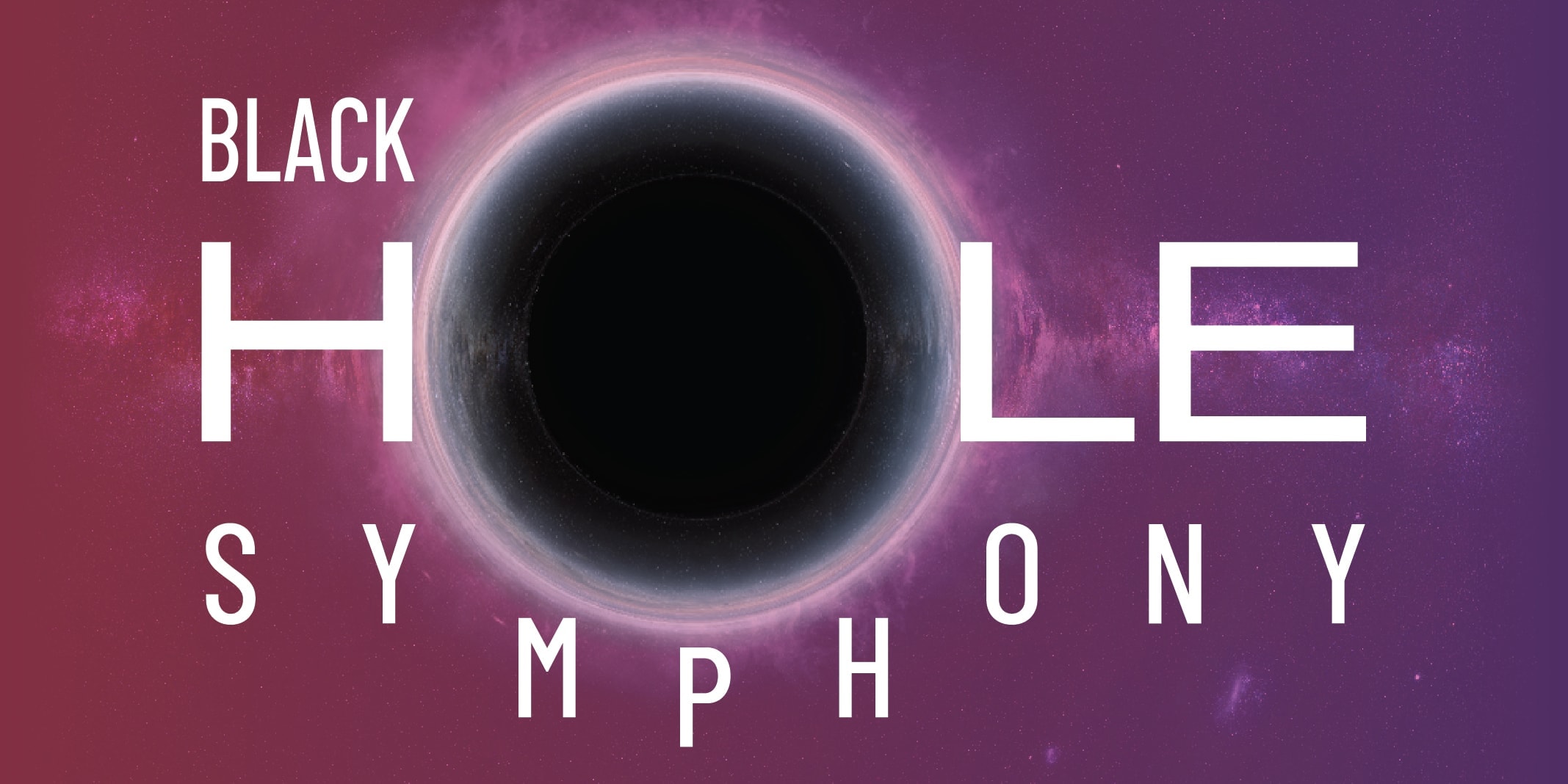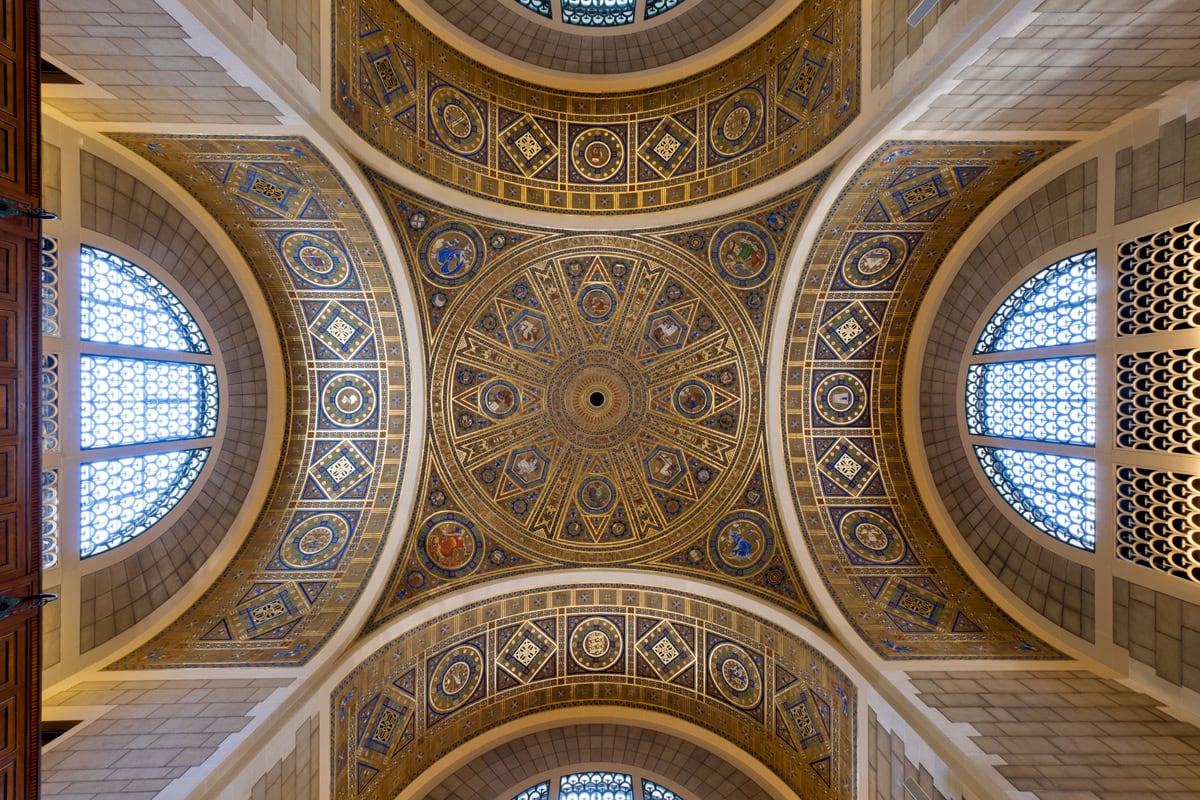Other Exhibitions
Guided Tour of the National Academy of Sciences Building
August 15, 2025
Guided Tour of the National Academy of Sciences Building
August 8, 2025
Guided Tour of the National Academy of Sciences Building
August 8, 2025
Event Disclaimer
It is essential to the National Academy of Sciences mission of providing evidence-based advice that participants in any of our meetings or events avoid political or partisan statements or commentary and maintain a culture of mutual respect. The statements and presentations during our meetings or events are solely those of the individual participants and do not necessarily represent the views of other participants or the National Academy of Sciences, which is a non-partisan, tax exempt organization.

